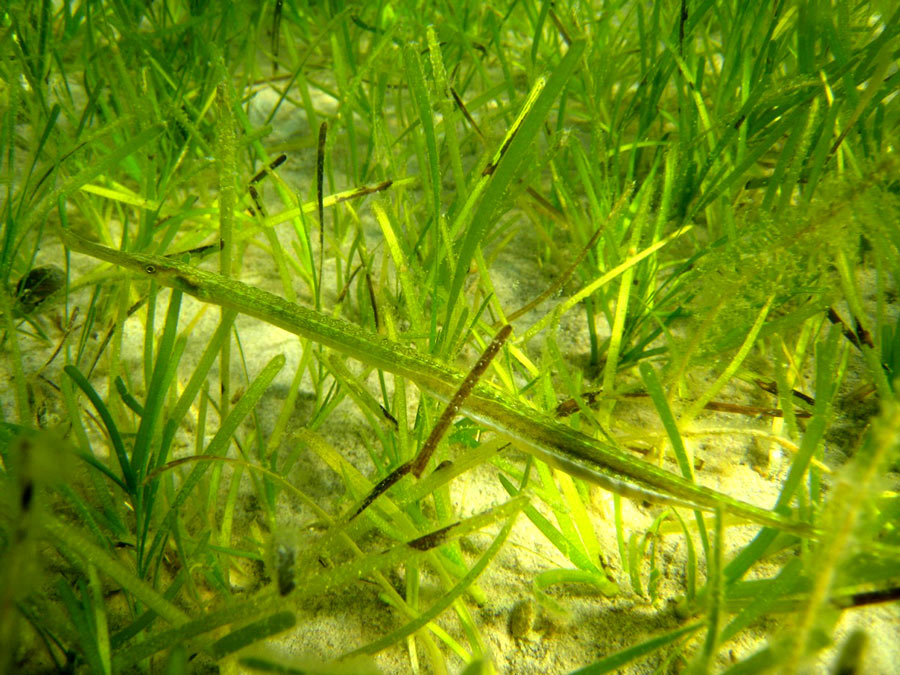Tag: University of Gothenburg
Striking the balance between cost containment and high-quality care

Professor Karl Swedberg at the University of Gothenburg, Sweden, collaborated with a consortium of experts to produce a roadmap on cost containment for healthcare in the EU. The roadmap included ways to model proposed changes to see how they would impact on factors such as person-centred care and health promotion. The group’s work will help develop healthcare systems that offer […]
Read More… from Striking the balance between cost containment and high-quality care
Eyewitness testimony: How much alcohol is too much?

It is widely believed that alcohol-intoxicated witnesses, victims, and suspects are not credible, and therefore should not be trusted in legal investigations. However, the research by Dr Angelica Hagsand and colleagues has shown that this may not be the whole story. Their research findings could have important implications for the police and other legal organisations to understand when witnesses can […]
Read More… from Eyewitness testimony: How much alcohol is too much?
A model of photosynthesis regulation by ion fluxes in conditions of variable light

Prof Cornelia Spetea and her team at the University of Gothenburg, Sweden, study ion transport proteins and genes involved in the regulation of photosynthesis in conditions of abrupt changes in light intensity. Research on this topic is important because light fluctuations constantly occur in the natural environment and affect photosynthesis and growth. Their proposed model could act as a knowledge […]
Read More… from A model of photosynthesis regulation by ion fluxes in conditions of variable light
When control is lost: Studying the interactions of ATP and acetylcholine in the urinary bladder

The inner lining of the bladder, known as the urothelium, not only serves as a passive barrier but also triggers the reflex controlling urination (the micturition reflex). The neurotransmitter ATP released from the stretched urothelium activates the bladder afferent nerves and evokes the release of acetylcholine that substantially contributes to the contractile response. Prof Gunnar Tobin from the University of […]
Pipefish male pregnancy: Why do females prefer large mates?

Parental care is an important factor to reproductive success, and studies of care quality can help in understanding mate choice and other reproductive decisions. In the broad-nosed pipefish, males become ‘pregnant’ and care for their embryos until birth. Large and small male pipefish adopt different parental care strategies, and females favour larger mates. Researcher Ines Braga Goncalves at the University […]
Read More… from Pipefish male pregnancy: Why do females prefer large mates?